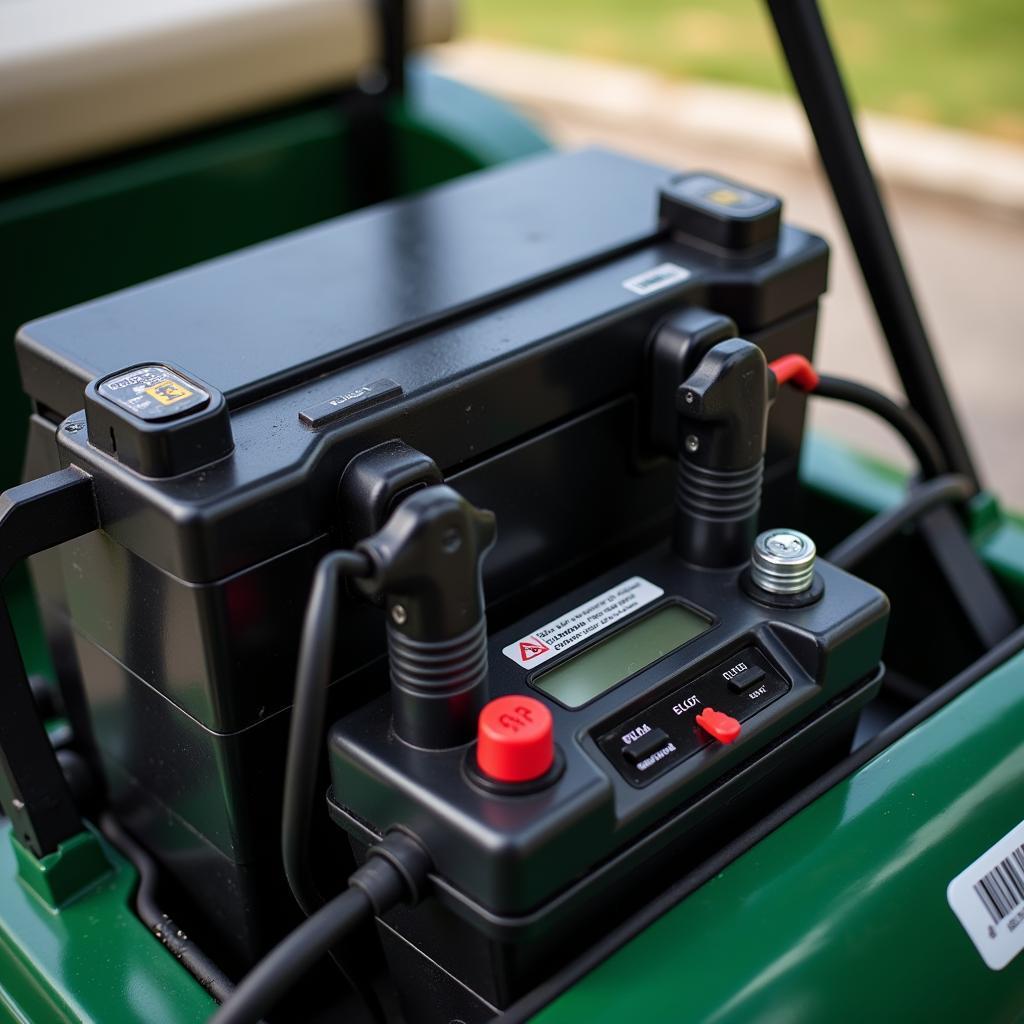Hearing a strange sound coming from your Honda’s brakes can be unsettling. If you’re hearing a warning sound, it’s crucial to understand what it means and address it promptly. This article will delve into the common causes of Honda brake warning sounds and provide you with the knowledge to resolve these issues effectively.
Common Causes of Honda Brake Warning Sounds
Several factors can lead to unusual noises emanating from your Honda’s braking system. Here are some of the most prevalent culprits:
-
Worn Brake Pads: The most frequent cause is worn-out brake pads. As the pads wear down, a high-pitched squealing or screeching sound often occurs, particularly noticeable during braking.
-
Damaged Rotors: Grooved or warped brake rotors can create a grinding or scraping noise when coming into contact with the brake pads.
-
Worn Brake Calipers: Malfunctioning brake calipers can cause uneven brake pad wear, leading to scraping sounds.
-
Low Brake Fluid: When brake fluid levels run low, air can enter the brake lines, resulting in a spongy brake pedal feel and a hissing or squeaking noise.
-
Foreign Objects: Small stones or debris lodged between the brake pads and rotors can cause a loud scraping or clicking sound.
Diagnosing the Brake Warning Sound
Identifying the specific brake warning sound is essential for accurate diagnosis. Here’s a breakdown:
-
High-pitched squealing or screeching: This usually signals worn brake pads. Inspect your brake pads for wear indicators or thinness.
-
Grinding or scraping: This sound often indicates damaged brake rotors or calipers. Visually examine your rotors for grooves or warping.
-
Clicking or clunking: This could point to loose brake components or foreign objects in the brake assembly.
-
Spongy brake pedal with hissing: This suggests air in the brake lines, often due to low brake fluid. Check your brake fluid reservoir level.
What to Do When You Hear a Honda Brake Warning Sound
If you experience any unusual sounds or sensations while braking:
-
Pull over safely: Find a safe location to park your car.
-
Inspect your brakes (if possible): If you have the knowledge and tools, visually check your brake pads and rotors for obvious signs of wear or damage.
-
Do not continue driving if: You hear grinding metal-on-metal sounds, experience a significant decrease in braking performance, or suspect a serious brake issue.
-
Contact a qualified mechanic: It’s always best to consult with a certified mechanic, especially for brake-related concerns. They can accurately diagnose the problem and perform the necessary repairs.
what makes the brake warning light come on
Preventing Honda Brake Warning Sounds
Proactive maintenance can help prevent many brake issues. Here’s what you can do:
- Regular Brake Inspections: Schedule routine brake inspections with a trusted mechanic, typically every 12,000 miles or as recommended in your Honda’s owner’s manual.
- Brake Fluid Flush: Flush and replace your brake fluid every 24,000 miles or as advised by your owner’s manual.
- Quality Brake Parts: Always opt for high-quality brake pads, rotors, and calipers from reputable brands.
2001 honda odyssey warning brake light will not go out
The Importance of Addressing Brake Issues Immediately
Ignoring brake warning sounds can lead to:
- Decreased Braking Performance: Worn brakes significantly reduce your car’s ability to stop efficiently, increasing the risk of accidents.
- Costly Repairs: Ignoring minor brake issues can exacerbate them, leading to more extensive and expensive repairs down the line.
- Safety Hazards: Driving with compromised brakes poses a serious safety risk to you, your passengers, and other road users.
Expert Insight
“Brakes are one of the most critical safety systems in your vehicle,” says John Smith, a certified master mechanic with over 20 years of experience. “Never delay addressing any brake-related concerns. Even seemingly minor issues can quickly escalate into dangerous situations.”
brake pad warning light on honda crv 2016 dashboard symbols
Conclusion
Addressing Honda brake warning sounds promptly is vital for your safety and the longevity of your vehicle. By understanding the common causes and following the recommended steps, you can keep your Honda’s brakes in optimal condition and ensure a safe driving experience. Remember, regular maintenance and timely repairs are crucial for a safe and reliable vehicle.
honda brake warning light car wont start
FAQ
Q1: How often should I replace my Honda’s brake pads?
The lifespan of brake pads varies depending on driving conditions and habits. However, it’s generally recommended to have them inspected every 12,000 miles and replaced when necessary.
Q2: Can I replace my Honda’s brake pads myself?
While it’s possible to replace brake pads yourself if you have mechanical experience, it’s generally advisable to have it done by a qualified mechanic to ensure proper installation.
Q3: What is that grinding noise when I apply the brakes?
A grinding noise usually indicates metal-to-metal contact, often caused by severely worn brake pads or damaged rotors.
Q4: Why is my brake pedal feeling spongy?
A spongy brake pedal typically suggests air in the brake lines, which can be due to low brake fluid or a leak in the braking system.
Q5: How much does it cost to fix a Honda brake warning sound?
The repair cost depends on the underlying issue. It can range from a minor brake pad replacement to more extensive repairs involving rotors or calipers. Consult with a mechanic for an accurate estimate.


